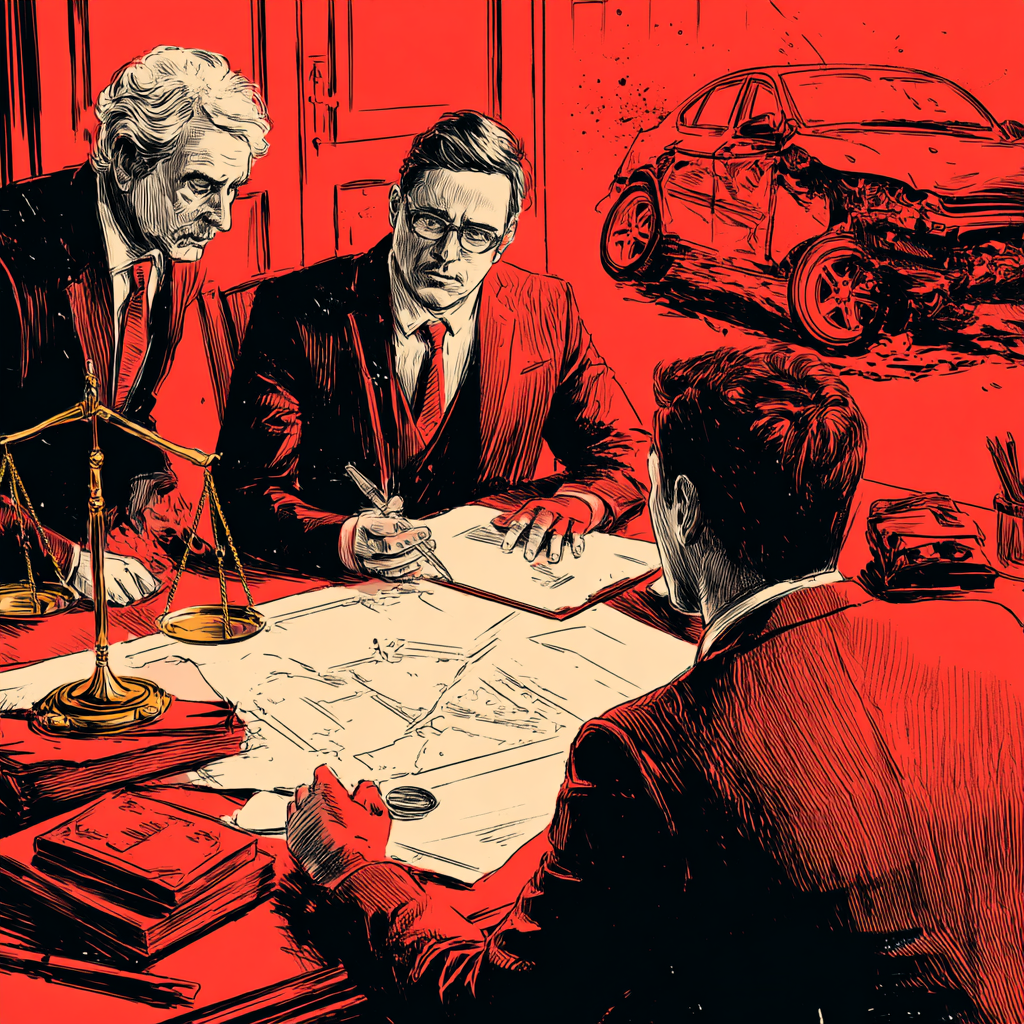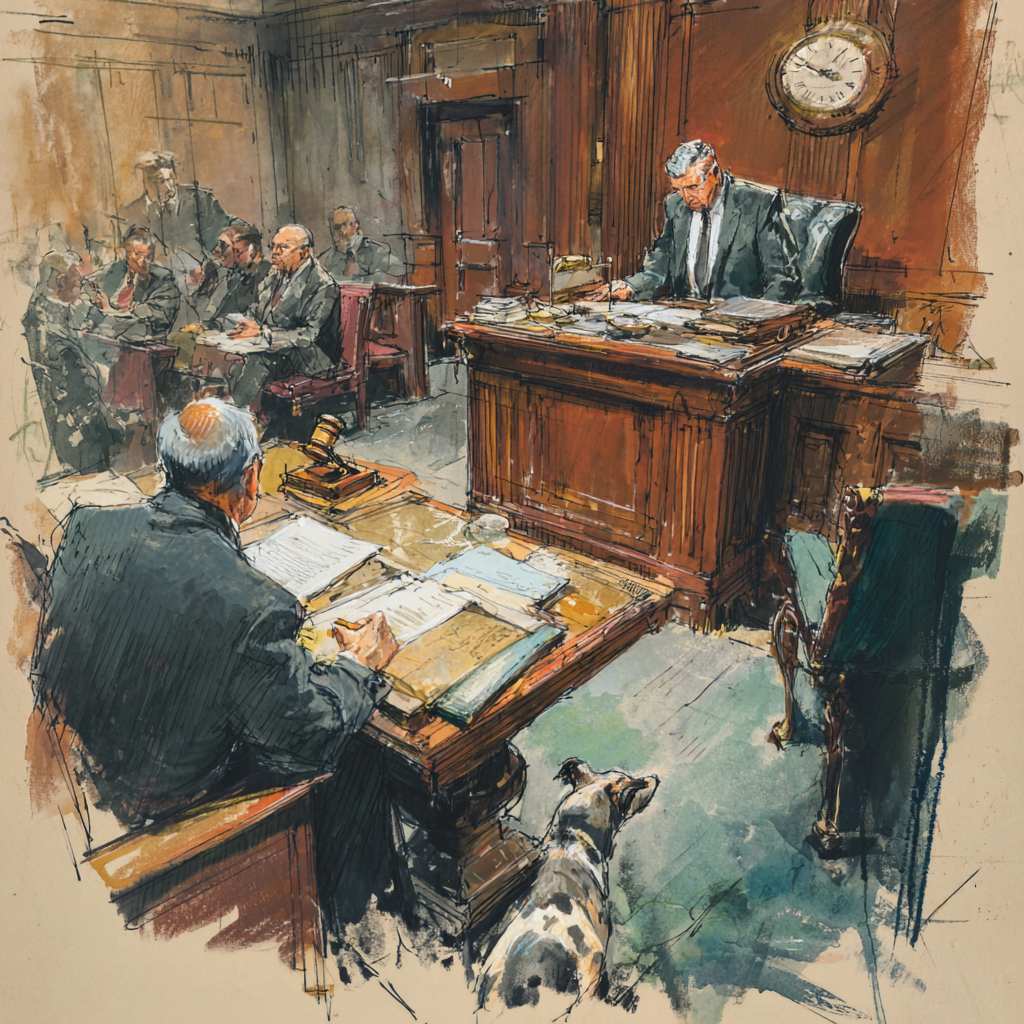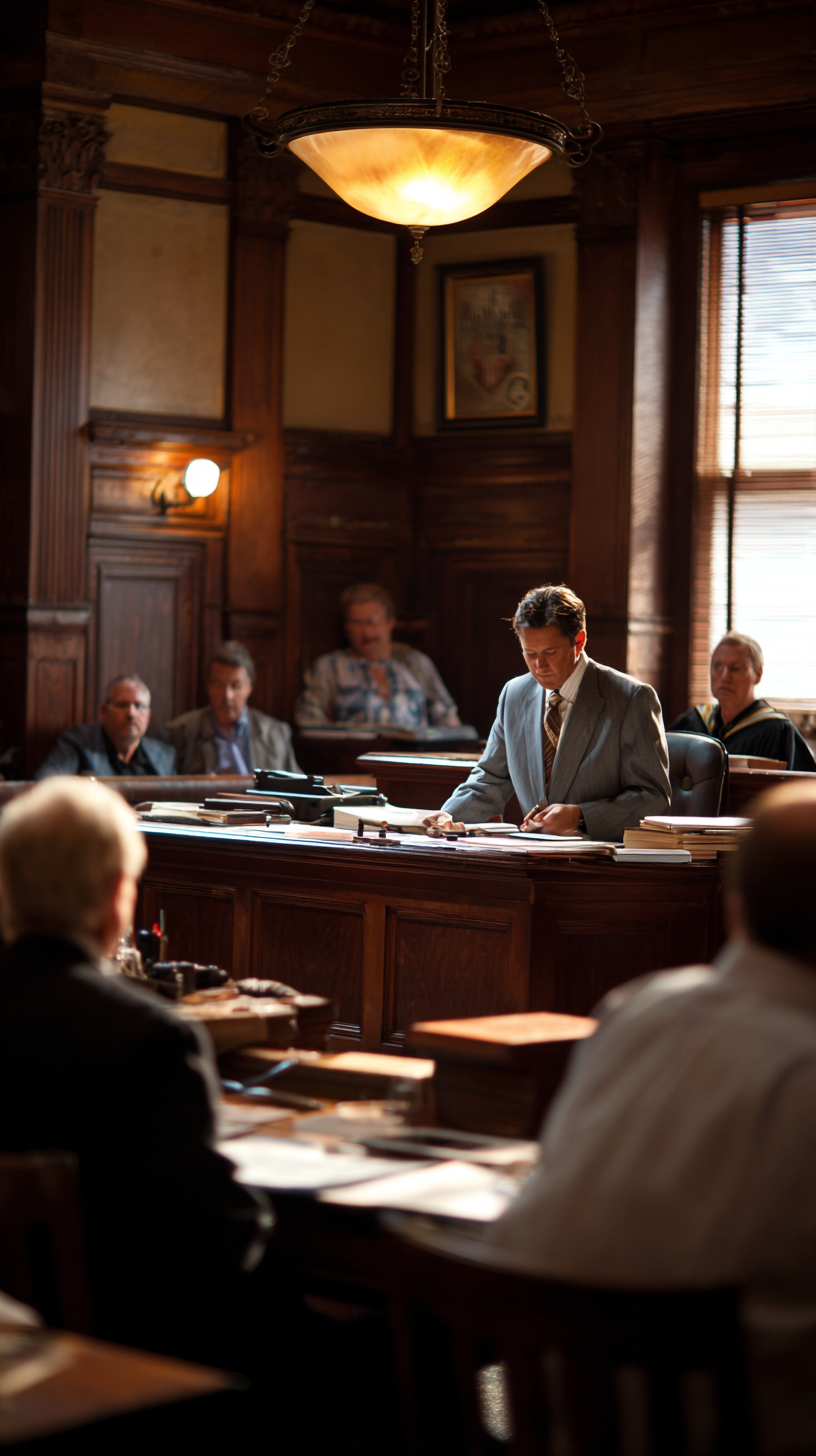Mallards Dairy, LLC v E&m Engrs. & Surveyors, P.C., 2010 NY Slip Op 02213 (4th Dept. 2010)
“Defendant moved for summary judgment dismissing the complaint and, in support of its motion, submitted an expert affidavit. Plaintiff opposed the motion three days before the adjourned return date and failed to include an expert affidavit in its opposing papers. It is undisputed that plaintiff’s opposition to the motion was untimely (see CPLR 2214 [b]). At oral argument of the motion, plaintiff’s attorney stated that there were several reasons for his failure to include an expert affidavit in opposition to the motion. First, he asserted that he had been “sandbagged” and had “not [been] led to believe that [defendant had] hired [an expert].” Second, he asserted that, upon discovering that defendant had submitted an expert affidavit in support of the motion, he “scurried around trying to find one, thought about it, consulted with [his] clients and was unable to do that by the return date.” Third, plaintiff’s attorney asserted that he did not think the case required an expert because his clients were “quite qualified to know what [they are] talking about, being in the business that [they are] in” and because the matters to be tried were “very simple context things,” such as water flowing downhill. [*2]
Supreme Court reserved decision and, 13 days later, plaintiff’s attorney submitted an expert disclosure, requested an adjournment of the trial based on the fact that a principal of plaintiff would be out of the country, and requested permission to serve a late affidavit from plaintiff’s expert in response to the pending motion. The court granted the request for an adjournment and, in granting plaintiff permission to serve an expert affidavit, the court noted its preference to resolve cases on the merits. Defendant in turn was permitted to serve a reply affidavit, and the court thereafter denied defendant’s motion.
Defendant contends on appeal that the court erred in considering plaintiff’s untimely expert affidavit. We reject that contention.
” While a court can in its discretion accept late papers, CPLR 2214 and [CPLR] 2004 mandate that the delinquent party offer a valid excuse for the delay’ . . . Additional factors relevant when essentially extending the return day by accepting late papers include, among others, the length of the delay and any prejudice” (Associates First Capital v Crabill, 51 AD3d 1186, 1187, lv denied 11 NY3d 702; see generally Foitl v G.A.F. Corp., 64 NY2d 911, 912-913). We conclude that the court neither abused nor improvidently exercised its discretion in considering plaintiff’s untimely expert affidavit. Although the delay was approximately five weeks after the date on which the opposing papers were due, plaintiff specifically requested and was granted permission to serve the late affidavit (cf. Matter of Gustina, 135 AD2d 1124, appeal dismissed 72 NY2d 840, rearg denied 72 NY2d 953). Plaintiff’s attorney offered an excuse for the delay (see e.g. Associates First Capital, 51 AD3d at 1187-1188; Radaelli v City of Troy, 229 AD2d 882, 883), and any prejudice was alleviated when defendant was permitted to submit a reply affidavit in response to plaintiff’s late submission (see e.g. Vlassis v Corines, 254 AD2d 273; Kavakis v Total Care Sys., 209 AD2d 480).”
Here is my summary of this one. An attorney alleges he was sandbagged and short served. Fair enough, it happens all the time. The attorney presumably had a chance to adjourn the matter, but instead submits papers that are tardy. Strike one. His papers are missing an expert affidavit even though the issue presumably requires same. Strike two. Now this is where it gets really bizarre. Attorney contacts chambers two weeks after the papers are submitted and requests to include an expert affidavit to supplement his motion. This is so despite his acknowledgment to Supreme Court that he did not think he needed an affidavit. Even stranger: the court grants the request. The movant, however, is allowed to put reply in, and it is assumed that this removes any taint or prejudice from this issue. Yet, the movant is probably screaming bloody murder and something else.
More good news: The motion is denied since the conflicting expert affidavits raise a triable issue of fact. What is even stranger is that the Fourth Department condoned this procedure.
By the way, does all of this sound familiar?









